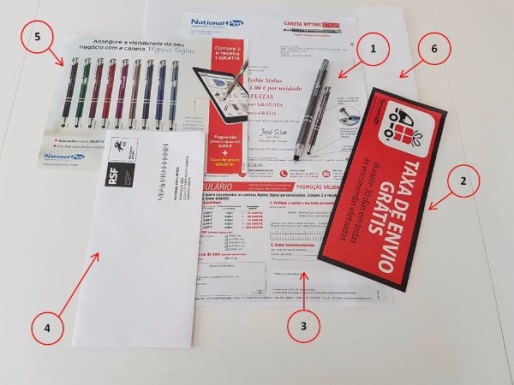
Ethical considerations increasingly play a bigger part in dictating what people buy, who they buy it from and how it’s made. It’s not uncommon today for people to consider environmental or manufacturing policies before making a purchasing decision.
More and more, consumers want to know where their purchases come from, how they’re made and the environmental impact of their manufacture.
Take Icebreaker Merino Wool Apparel, for example.
Environmental sustainable solutions
According to the company’s spokesperson: “When you purchase a product from Icebreaker, you know that you’re getting quality at minimal cost to the environment.”
Furthermore, they strive to bring sustainable and environmentally friendly solutions to all aspects of product development and manufacture – helping them to fulfill their mantra: “It’s about our relationship with nature, and to each other.”
Where is all this leading?
Expect a shift from brands telling a story, to brands helping consumers tell status-yielding stories to their peers.
Icebreaker’s unique ‘Baacode’, when entered on Icebreaker’s website, traces the wool used to make a garment to one of 120 sheep stations in New Zealand. You can view the living conditions of the animals, meet the farmers who run the stations and find out about their production process.
An eco-status-story can sweeten your image.
Your eco-status-story need not be bigger than one retail store to make it worth sharing with the world.
Fortnum & Mason began their eco-story with four hives placed on the roof of its landmark Piccadilly store.
Via webcams, customers can watch the bees as they create honey that will eventually be sold in the store below.
In the words of Fortnum & Mason: “Four colonies of Fortnum’s famous bees have been living on the roof of our Piccadilly store since 2008. Every year they produce a truly delicious honey – so good that these exclusive bees have a waiting list for their produce.”

Environmental Project
Put a small team together and devote an hour or two outside of working hours to run a modest environmental project. It could be as simple as promoting the growth of new trees or flowering shrubs.
Share news of your progress with your colleagues and encourage them to join in. Ask your manager to donate company funds to give your ideas a major boost.
You’ll be doing a great service to the environment and to the company too. Projects like this bring people together and encourage team building.
If you liked, then please subscribe to our YouTube Channel for video content. You can also find us on Twitter, Facebook, Instagram and Linkedin.




